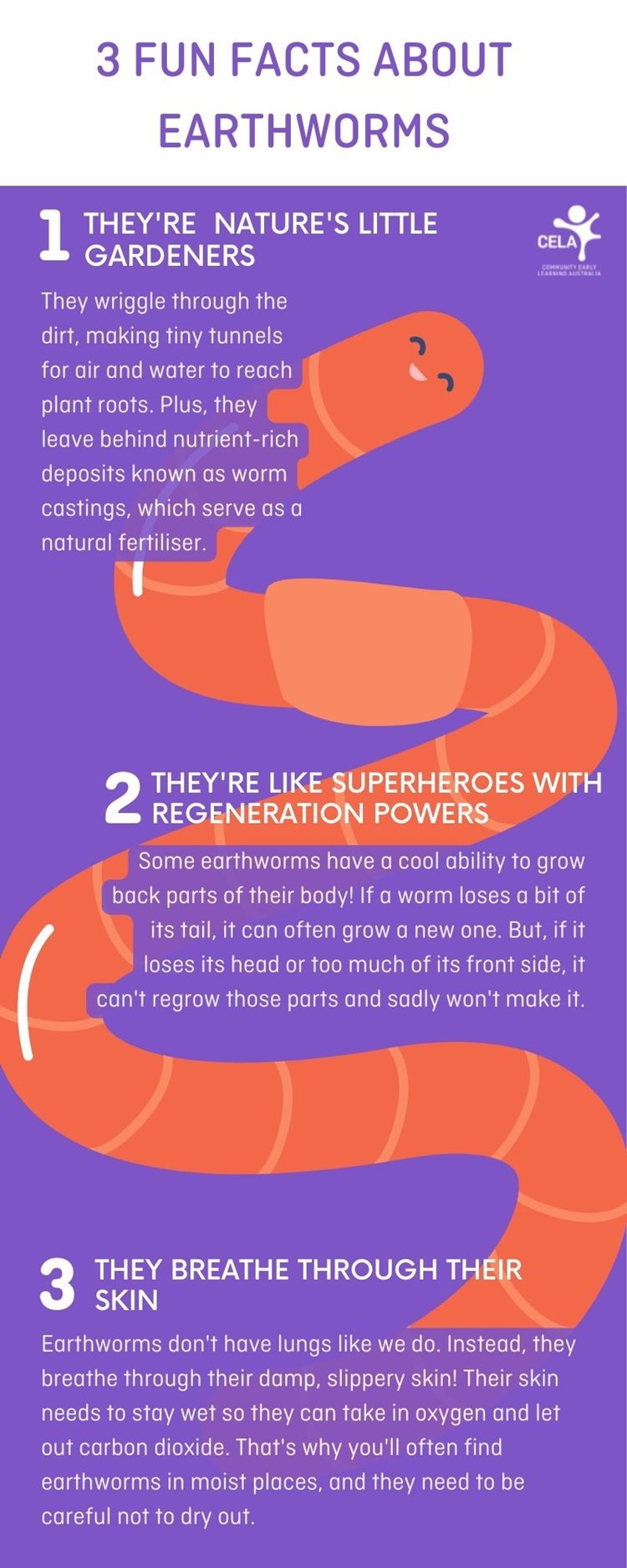Facts About North Carolina Worms Uncovered
Table of ContentsThe Ultimate Guide To North Carolina WormsThings about North Carolina WormsAbout North Carolina WormsAll about North Carolina WormsThe smart Trick of North Carolina Worms That Nobody is Discussing
(https://slides.com/nrthc4ro1nwr)Clear as mudI know. Allow's take a look at a pair of examples that concern our discussion. Nature can take several years to compost or biodegrade natural matter. The procedure of thermophilic composting can speed this procedure as much as an issue of days or weeks. This is your outside compost heap in simplistic terms.The germs need dampness, oxygen, and a food source to grow. When turning no much longer creates warmth with adequate moisture and oxygen, the thermophilic bacteria have mostly died-off and the mesophilic germs (70-100 F.) take over the decomposition procedure.
This is a little simplified however mostly exact. Worm composting takes location in the mesophilic range (70-90 F.) The worm bed linen is a mix of different carbon materials. The worm bin temperature level is controlled by adding only percentages of nitrogen materials at one time. Sometimes the nitrogen materials are also pre-composted (thermophilic) prior to presenting to a worm container.
What Does North Carolina Worms Do?

Some instances: Bed linen temperatures, wetness levels, sort of composting worms, types of bed linens products, different food resources, and size of time prior to castings harvest all have an effect on the top quality of spreadings (or lack thereof). Without a doubt, these "regulated problems" have the biggest influence on the general top quality of the worm spreadings.
Specific plants are understood to expand much better with different types of castings. The benefits of worm spreadings get to much beyond helping our plants grow.
North Carolina Worms Can Be Fun For Everyone
This includes living natural issue, dead organic matter, and really dead organic matter (humus). Let me throw away a few terms and see if any one of these know to you: deteriorated, farmed-out, erosion, nitrogen run-off, algae blossoms in lakes, wind erosion, silt, chemicals, chemical fertilizers, irrigation, water contamination, fish eliminates, dying, reduced insect populaces, mineral deficiency, much less nutrient-dense foods, dry spell conditions, loss of topsoil, compaction, and I can take place permanently.
Maybe it is time for an adjustment? To understand the value of Healthy soil, let's examine what these details Un-healthy dirts give the table. Well, to startthe entire checklist of terms above. Below are a few more BIG ones. Food Insecurity, hardship, climate change, and unsustainable advancement. Unhealthy dirt is a significant contributor to environment change.

Some Of North Carolina Worms
Worm spreadings are near neutral pH. They can make acidic dirts extra neutral or alkaline dirts extra acidic. Castings are granular and help to make aeration room in the soil.
Worm spreadings hold water like a sponge. Worm spreadings aid to form "soil aggregates" which ease compaction troubles in your dirt.
Worm spreadings applications along with organic compost materials can improve sandy or clay dirts greatly. No conversation of the benefits of worm castings is complete without dealing with the NPK designation.
This is ALL they supply. Below is the trouble. If I desire to sell my worm spreadings as a fertilizer (which they are), my state regulators need me to have an NPK classification on my tag. The majority of worm castings will check 1-0-0 on an NPK test. Chemical plant foods are not in a plant-available type.
Excitement About North Carolina Worms
That is why there is constantly so much unwanted with chemical plant foods. They additionally do not give lots of points that healthy plants require to grow. (plant hormonal agents, humic acids, etc) However, worm spreadings work entirely differently than chemical plant foods. They are not even in the same course. It is an apples and oranges comparison and total ignorance for the fertilizer regulatory authorities.
You add worm castings to your dirt and the lifecycle of the bacteria produce nitrogen, phosphorous, and potassium for your plants. They likewise generate plant hormones, humic acids, and various other things. They generate this in a plant-available form, so your plant does not require that much. It is a two-way cooperative connection with your plants and the soil.
This lab examination outcome is possibly not important if you are a gardener. However, if you are a farmer of a certain crop (ie.tomatoes, cannabis, etc) and recognize certain sorts of worm spreadings work well for you, it is essential info. My suggestion is to work with a worm spreadings manufacturer and request the lab test results.